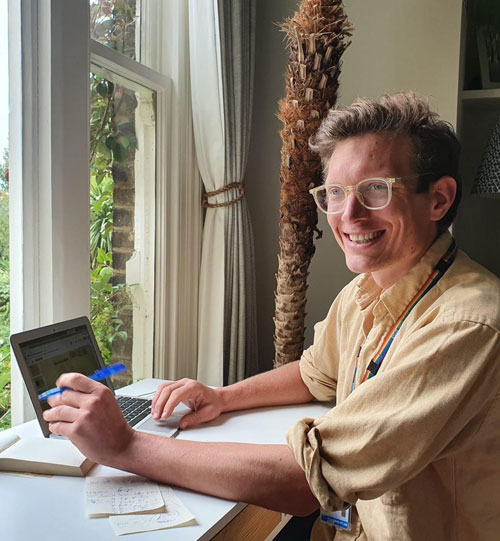
Nick's Story
Nick, one of the co-founders of Minderful, shares his experiences with severe depression and how medication has helping his recovery.

Nick, one of the co-founders of Minderful, shares his experiences with severe depression and how medication has helping his recovery.
"You're not alone and asking for help is one of the bravest things you can do."
About Nick:

I’ve lived with treatment-resistant depression for over a decade. I’m in my early thirties and work as both a psychiatrist and an entrepreneur. The business I have co-founded, Minderful, is a mental fitness platform that aims to change how people look after their minds.
There have been many, but I feel the most significant one for me was accepting that being on medication was for the long term and probably for life.
A typical sequence of events in my twenties would be:
It took me over eight years and six severe episodes of depression (and the completion of a medical degree!) to learn that I needed medication for the rest of my life.
Accepting medication as a core element of my mental fitness programme was huge for me, but having said that, it’s one of a whole range of diverse elements that have kept me mentally well for the last two years. This has been the longest period of good health I’ve had since I turned 21 years old.
WHAT ARE SOME THINGS THAT REALLY HELPED?
I have my own mental fitness programme made up of over 40 elements. Here are my top five:
You’re not alone and asking for help is one of the bravest things you can do.
– Nick, Co-Founder, Minderful. London, UK.